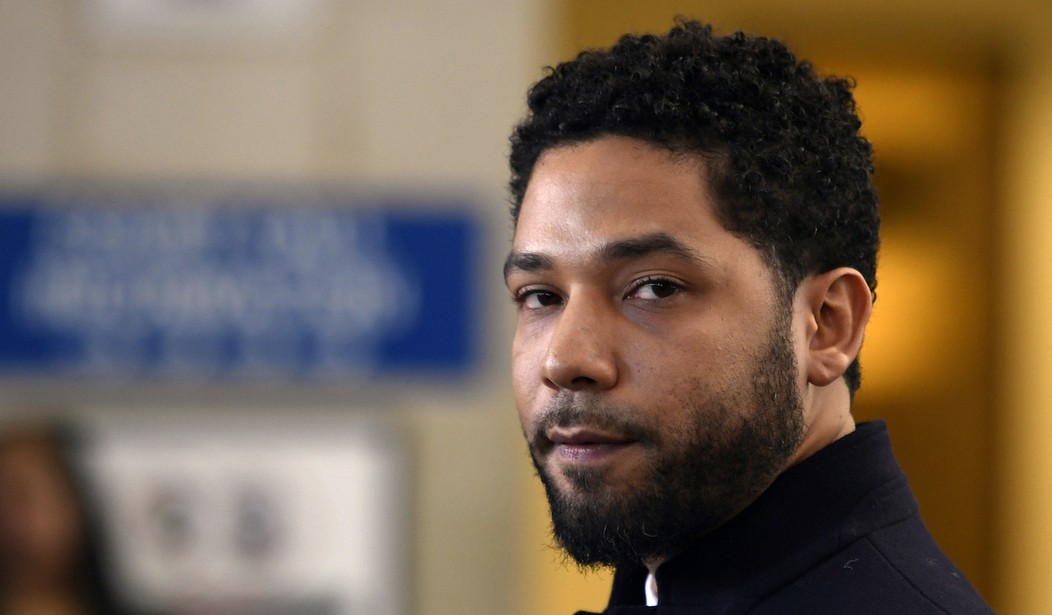Progressives love victimhood. Even further, they love victims, but not for the reasons they would have you believe.
It seems that in American society, the desire to cast oneself as a victim has become increasingly popular, with folks coming up with new and creative ways to wrap themselves in a cloak of victimhood.
The reasons for this are plenty, but not too complicated. In an article published on Substack, Wokal Distance explores how people wield their victim status to dominate conversations and push agendas.
The author opens the article by discussing how victimhood status has gained “an unjustified level of currency in modern political and social discussions.”
We are continually reminded to allow victims to lead conversations on issues such as healthcare, gun violence, and several others. The author brings up comments made by Allison Randall, the Principal Deputy Director of the Office on Violence Against Women, who said:
“Empowering survivors to lead in addressing domestic violence, sexual assault, dating violence, and stalking means creating spaces where their voices are central to shaping the solutions.”
As Wokal Distance points out, certain dangers are lurking behind this assumption.
The heart of the problem is the assertion and belief that victims inherently “know best” about the problems they have experienced and the solutions for addressing them.
“That ‘victims know best’ is something that is asserted and never proven... Many of the situations which lead to a person being a victim have causal antecedents that are extraordinarily complex,” the author writes.
As an example, the author refers to victims of organized crime in New York City during the 1980s and 1990s. Obviously, those harmed by these enterprises are deserving of our sympathy. However, “It is a mistake to think that on the basis of being a victim of mafia activity one has a full grasp on all the issues in play and therefore knows best how to respond to increasing mafia activity,” Wokal Distance points out.
This brings us to one of the article’s most important points: Automatic deference to victims’ opinions is often unjustified and can lead to deleterious outcomes.
“Because victim-hood has such strong social currency, people are very often much more deferential to the wishes of the victim than is justified,” the author writes.
Perhaps the most troubling aspect of this trend is how victimhood can be wielded as a cudgel to silence opposing views and stifle debate. Dissenters are often labeled as insensitive, cruel, and bigoted. “This can lead to a political strategy where cynical operators use the stigma surrounding the criticism of victims as a tactic to silence or discredit one’s opponents,” the author points out.
“Using victim-hood as a shield for bad ideas, as a method of shutting down debates and as a tool for creating a social stigma around objecting to the suggestions of victims is a great way to make sure problems go unsolved.”
The author touches on a disturbing reality in American political and cultural discourse: Victims have been granted an inappropriate level of power. This is why so many seek to cast themselves as victims.
How often do you hear people, especially on the hard left, go on and on about their “lived experiences” with racism, homophobia, Islamophobia, and other types of bigotry? It is not as if these issues do not exist – they certainly do. But the notion that being a victim of bigotry somehow makes one an expert on how to solve it is ludicrous and destructive. It essentially incentivizes people to embrace victimhood – whether they are actually victims or not.
Indeed, one of the reasons why some folks fake hate crimes is because they want the nation to not only take pity on them but elevate them as a powerful influence. Actor Jussie Smollett’s case is a prime example.
Political and media figures have long recognized the power that comes with aligning themselves with victims. By championing individuals or groups who have experienced adversity, whether real, perceived, or concocted, they position themselves as the defenders of the oppressed.
This tactic enables folks on the left to claim the moral high ground in political debates, as anyone who challenges their ideas is quickly labeled as a bigot. The left has carefully crafted a narrative dictating that victimhood somehow equates to moral authority.
But there is something even more sinister at play.
Progressives’ focus on victims is not entirely altruistic. Indeed, it is rather exploitative. While presenting themselves as advocates for those who have suffered, they often use these individuals and groups for their own political gain.
Democrats have been doing this with black voters for decades, casting themselves as the party that cares for the plight of black Americans. While doing this, they often push policies that harm the black community under the guise of helping. This is what human rights activist Malcolm X warned about when he described white liberals as “the worst enemy to America and the worst enemy to the Black man.”
Behind this paper-thin veneer of compassion is a cynical manipulation of victimhood for political gain. Instead of trying to uplift and empower victims, they squeeze every bit of political capital from those who have been harmed.
This is why an alternative is needed. Instead of automatically deferring to victims, society should genuinely try to help them overcome their negative experiences. Their arguments should be judged on their merit, not the fact that they have been hurt. This is the only way we can prevent more victims from being created.














